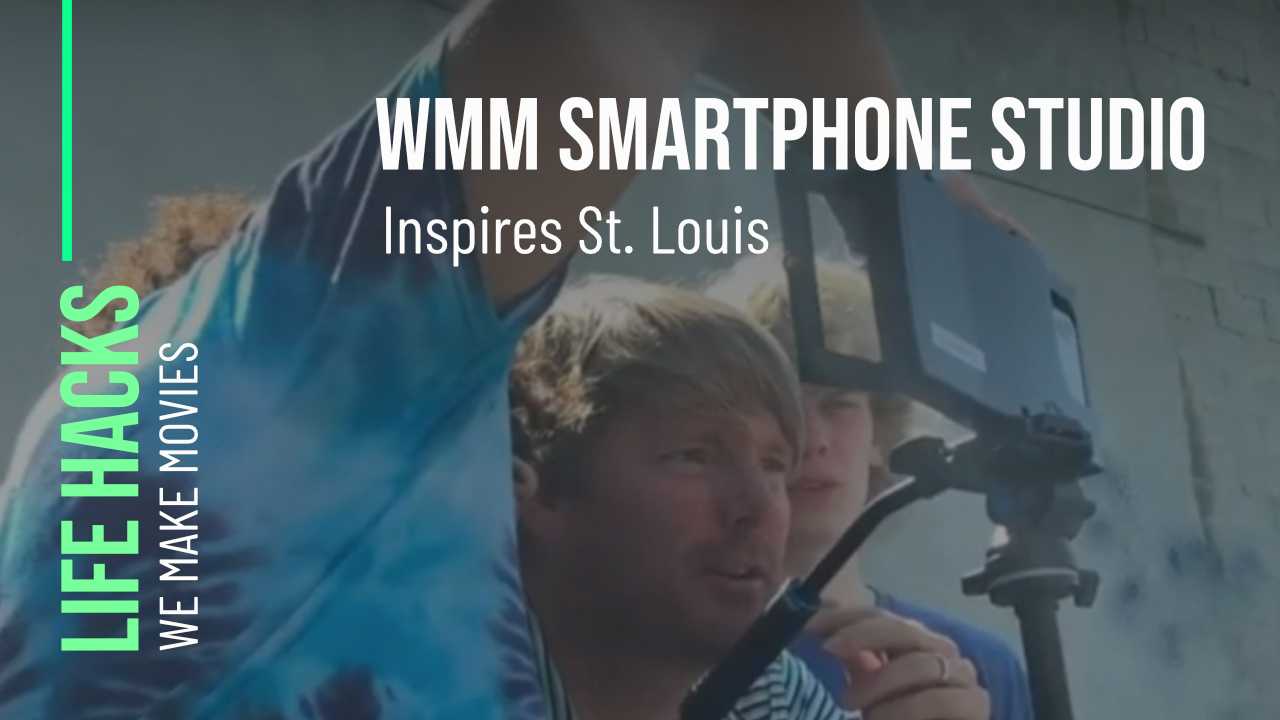WMM BLOG
POV: The Hebrew Hamilton - Marcus J. Freed
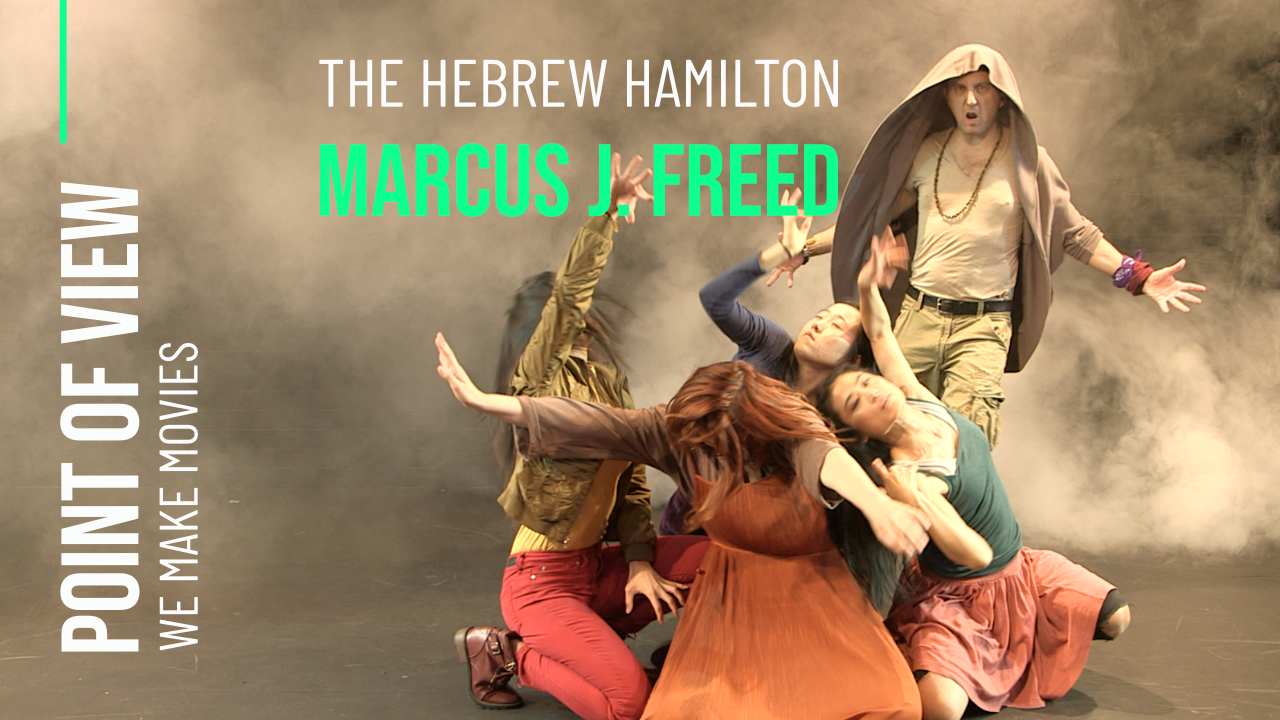
Coming to us from across the pond, Marcus J. Freed has delivered many comedic gems through his intellectual, musical parodies. A seasoned actor, prolific author, and ardent filmmaker, he has leveraged a career out of tapping into the zeitgeist and crafting stories around Jewish culture and traditions. In celebration of his latest lyrical venture, The Hebrew Hamilton, we took a peek inside the mind of the entertaining educator.
WMM: Where are you from, what is your background, and how do you think that informs what you do as a filmmaker?
MJF: I’m from Watford in England (where the Warner Bros studios are located, and where they shot Harry Potter). I'm a conservatoire-trained actor (Webber Douglas Academy of Dramatic Art in London), and a grad of English Literature & Drama/Theatre Studies. I think it informs me as a filmmaker in many ways. Really depends on the film in question. For Livin’ La Vida Kosher, my dance training and showmanship came in.
My first choice for The Hebr...
WMM Tutorials: Make Your Movie Using FilmicPro
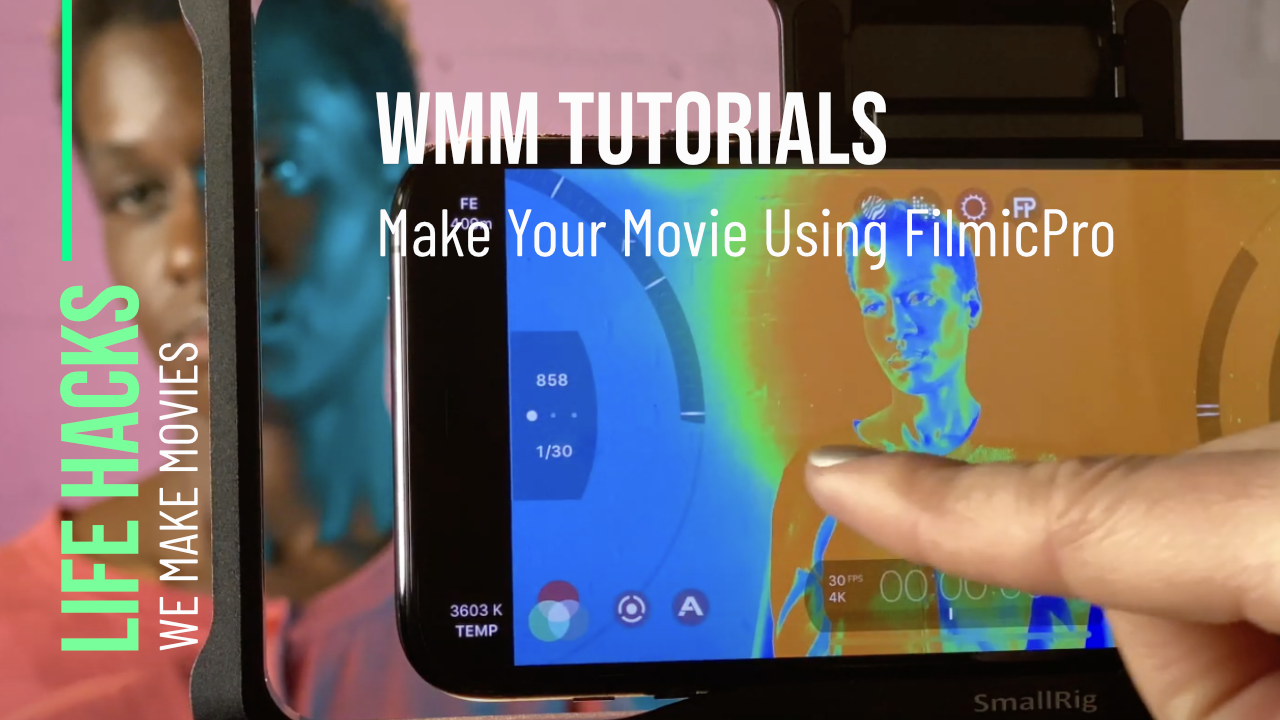
Most people realize that the magical devices in our pockets can be harnessed to capture stunning photography and video content, but there is a world beyond the capabilities of our phones. There are apps for almost anything you want to do these days, but We Make Movies did the research and removed the hassle of weeding through all the clutter, by selecting a few high quality apps to accompany your phone in creating cinematic content on a budget.
Our Smartphone Studio program tours the nation and has also been virtually accessible for the past year, teaching content creators of all ages and walks of life how to make the highest quality films and tell the stories they want to tell.
But... did you know we also have a slew of free tutorials that also walk you through the process of filming? One of the apps WMM has taken the time to outline for budding phone filmmakers is that of FilmicPro. The super short series of tutorials below can help anyone get started right away.
FilmicPro ($1...
POV: Hobbyist To Award-Winning Filmmaker
Meet Robert Philipson of Shoga Films, a former professor of African-American studies, published author, and Harlem Renaissance historian. His work encompasses the intersectionality of race, music, & sexuality, through the unique lens of a queer Jewish man. An accomplished filmmaker of multiple award-winning films, Philipson has carved out a niche space for himself and his collaborators. WMM had a chance to catch up with him, in anticipation of his latest short film, Smoke, Lilies, and Jade.
WMM: Where are you from, what is your background, and how do you think that informs what you do as a filmmaker?
RP: I grew up in Pasadena and pretty much lived in California (undergrad at UC Santa Cruz) until I went to Africa as a Peace Corps Volunteer from 1974-77. As a result of that experience, I worked towards a degree in Comparative Literature with a specialty in Black and African literature. Unable to get a tenure-track position, I left academia in the early 90s and reinvented myself sever...
POV: Community Is Everything For Filmmakers

In anticipation of the We Make Movies Creative Services launch, we thought we would chat with its Creative Director, Steven LaMorte. A director at heart, who enjoys empowering other people, and producer by trade, who produces like a director, Steven has made a name for himself as a special effects artist through his company Sleight of Hand Productions. He teamed up with WMM to teach mobile filmmaking to students of all ages all over the globe, and discovered the culture and values around filmmaking we embrace match his own sensibilities. He wishes to be the producer that he wishes he had while learning to make films, and considers himself to be "like mom and dad - I want you to have the sun, the moon, and the stars, but also be aware of budget." Welcome aboard, Steve!
SL: I'm originally from Staten Island, New York. Growing up as an only child, movies - especially science...
POV: DIY Filmmaking With Style
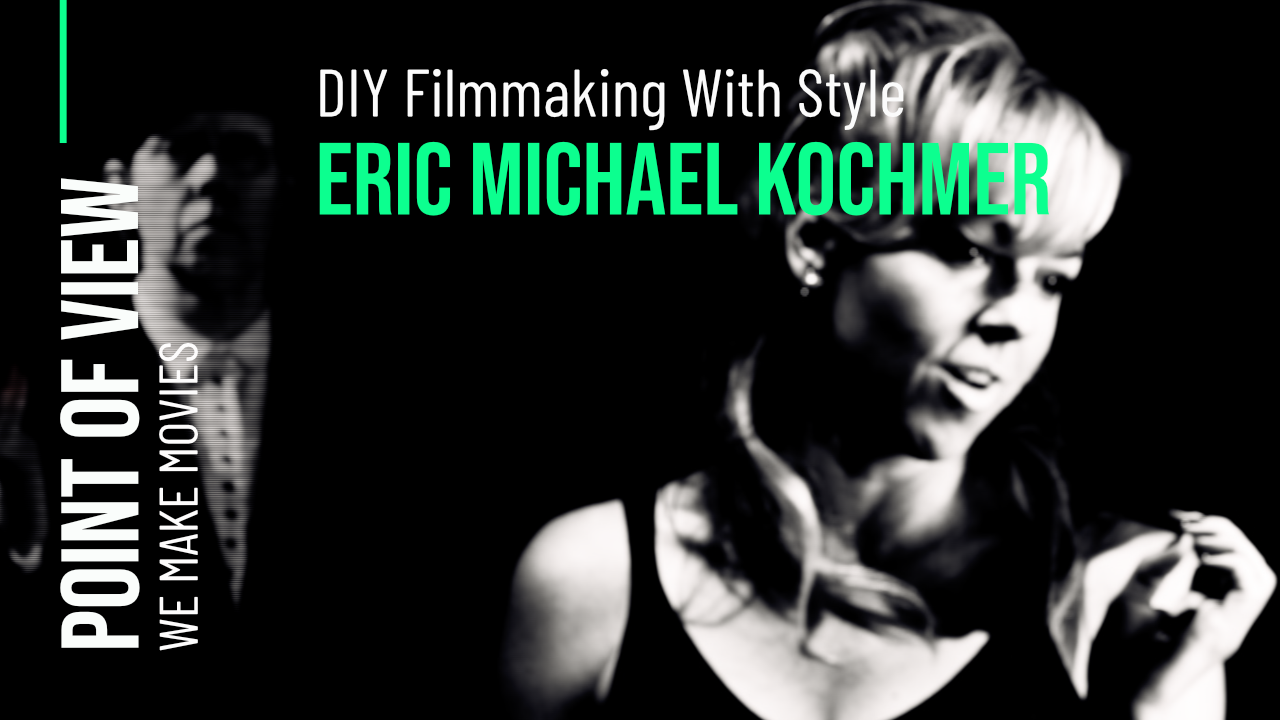
We had a chance to sit down with the dedicated Chief of Production of We Make Movies, Eric Michael Kochmer. As a longtime member of the collective, he has always made himself available to the community, while broadening his own skillsets as he made his films. His tireless efforts to bolster fellow indie filmmakers led to the development of the production services offered through our production company. He is industrious, kind, and enterprising, but what makes him tick? We asked him!
WMM: Where are you from, what is your background, and how do you think that informs what you do as a filmmaker?
EMK: I grew up on a dairy farm in Pennsylvania and then I moved to New York City to study experimental theater. I’ve always had an interest in the peculiar which turned into a passion for the avant garde. Work that pushes the traditional boundaries of style and form, as well that pushes the envelope on what is appropriate and comfortable. Now that I think about it, that is probably how I felt ...
WMM Smartphone Studio Is A Hit At SAG-AFTRA
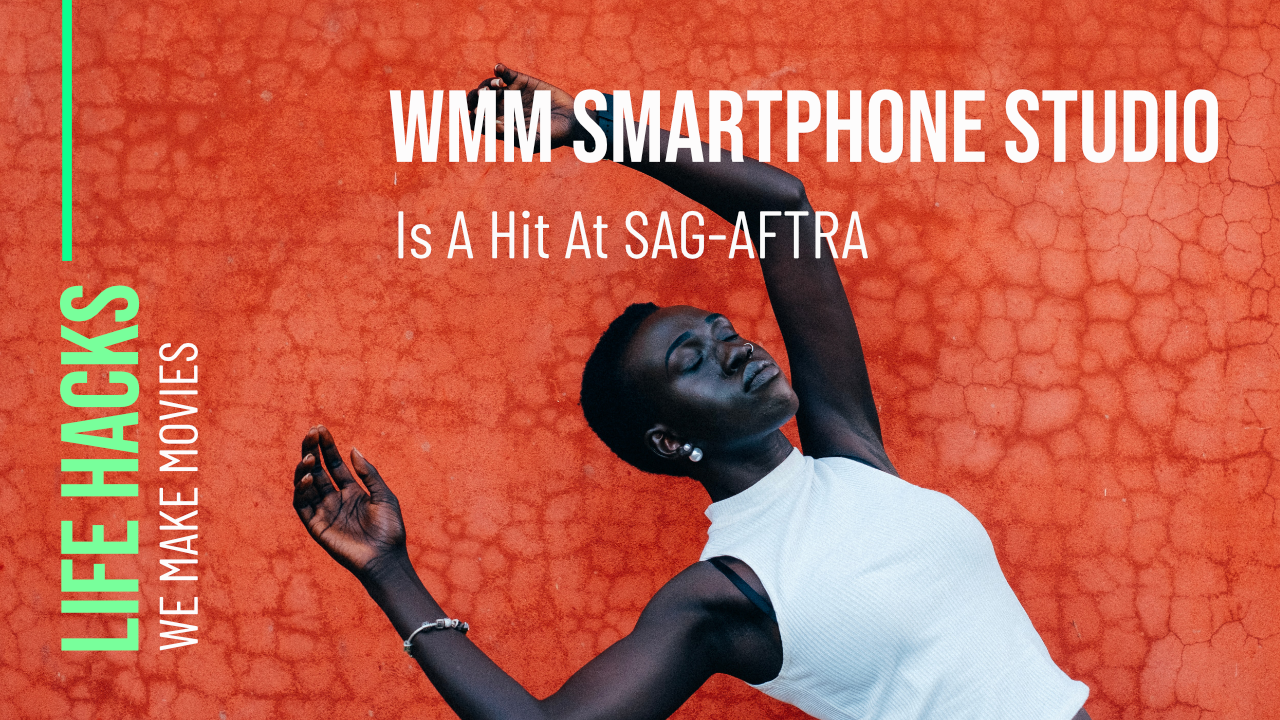
And empowerment is indeed the goal of Mozino and Mestman, who developed the curriculum for the Smartphone Studio in 2018. Recognizing t...
WMM Life Hack: Mental Health Tips For Filmmakers
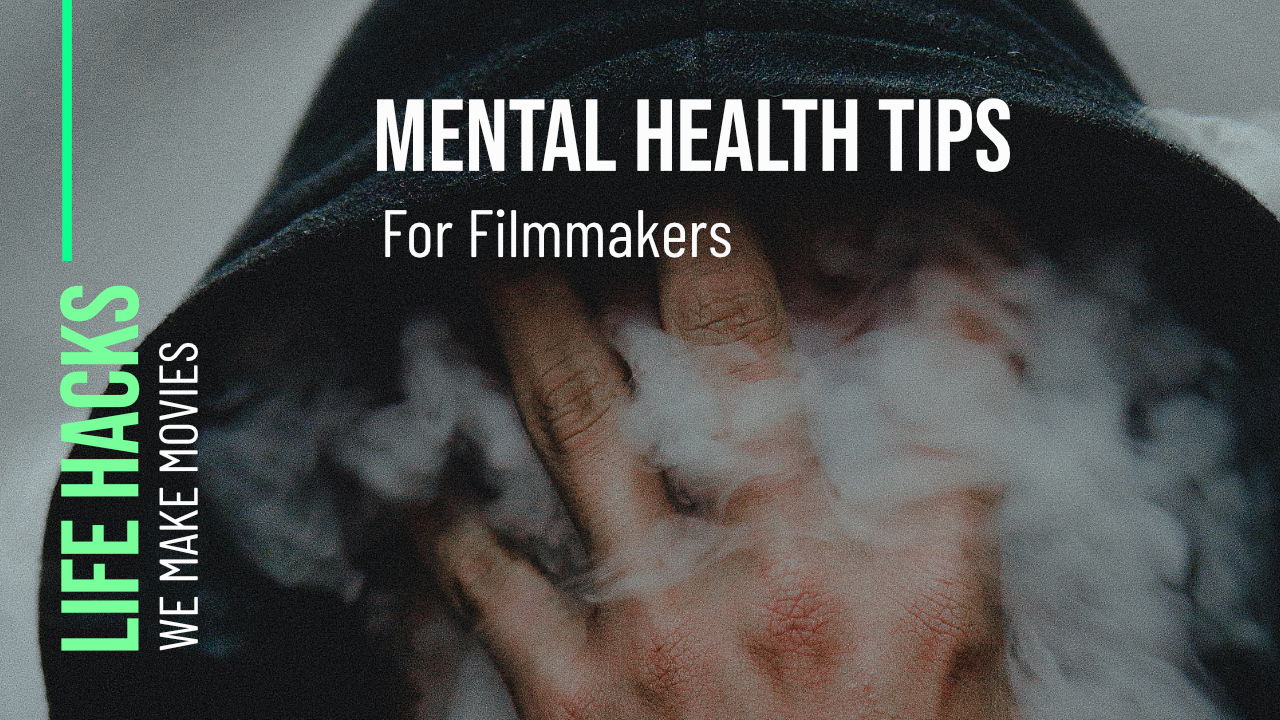
WMM Life Hack: Get Organized With Color

We are a simple google search away from being able to access libraries of information about any topic. Filmmakers looking to discover the latest gadget to accompany their smartphone camera, find a DIY method to achieve a high end look for their film, or simply brush up on a technique via a tutorial, need look no further than industry-centric sites like ours. Yet, when it comes to the simple question of how to have a productive day (when not on set), creative professionals commonly struggle with how to manage their schedules, succeed with maximum efficiency, and strike that evasive life-work balance. In an industry where multi-hyphenates have become the norm, this struggle is reeeeal.
The more hats a creative multi-hyphenate wears, the more complex the schedules, priorities, obligations, and workflows seem to become. For a certain elite pack, a personal assistant can curb some of this stress, but at the end of the day, the day can only be lived by the person living it. So where do we eve...
WMM Smartphone Studio Inspires Chicago
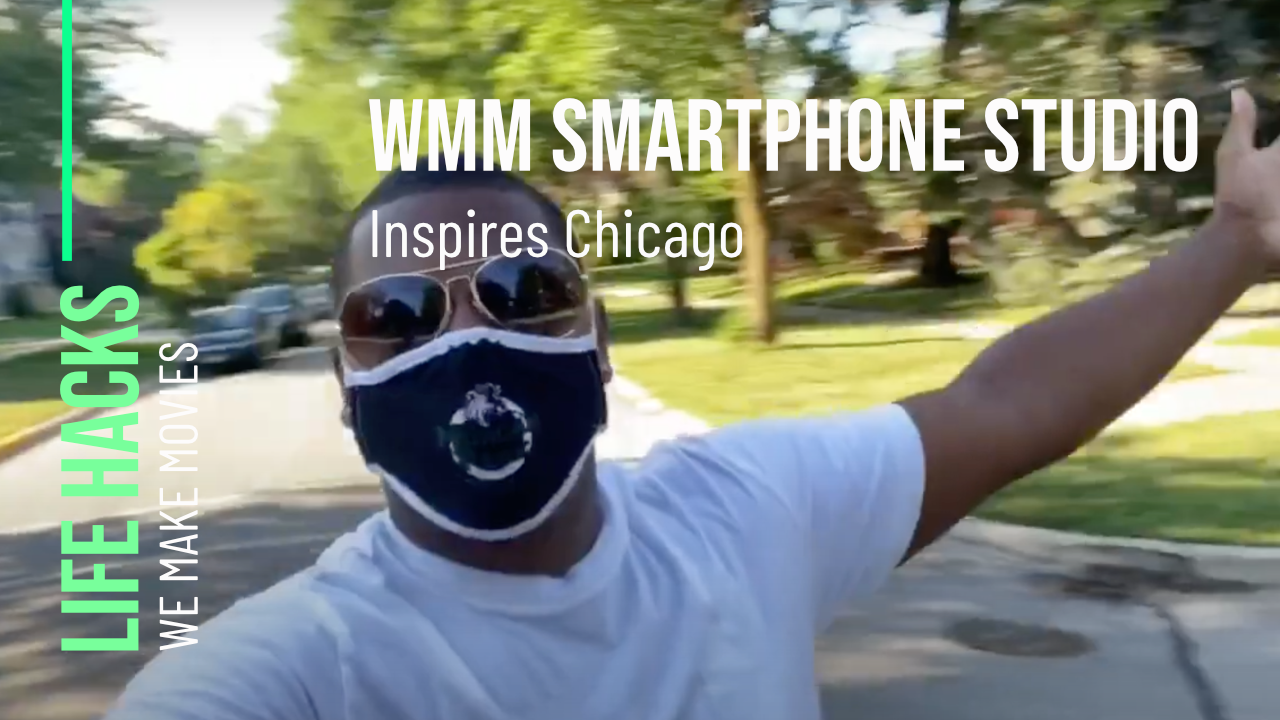
As part of our eARTh Project series, we have highlighted the impact of purposeful video literacy. Demographics that lacked the resources and opportunities to learn about content creation, were gifted with an education in how to effectively and efficiently tell stories, bringing them one step closer to being marketable in the work force at large. What they didn't count on though, was the education in real life skills, that can only be learned experientially.
Twenty five teens in Chicago convened for the Untold Stories project, where they honed in on critical life skills, such as time management, scheduling, and the basic structure of writing. Adaptability became a central focus point, as they navigated circumstances and had to learn to "mold the interview to fit the script, or mold the script to fit the interview," as one student eloquently put it. They learned that sometimes the most important question is "what stories do we want to tell?" and furthermore, had to communicate and rea...
WMM Smartphone Studio Inspires St. Louis
